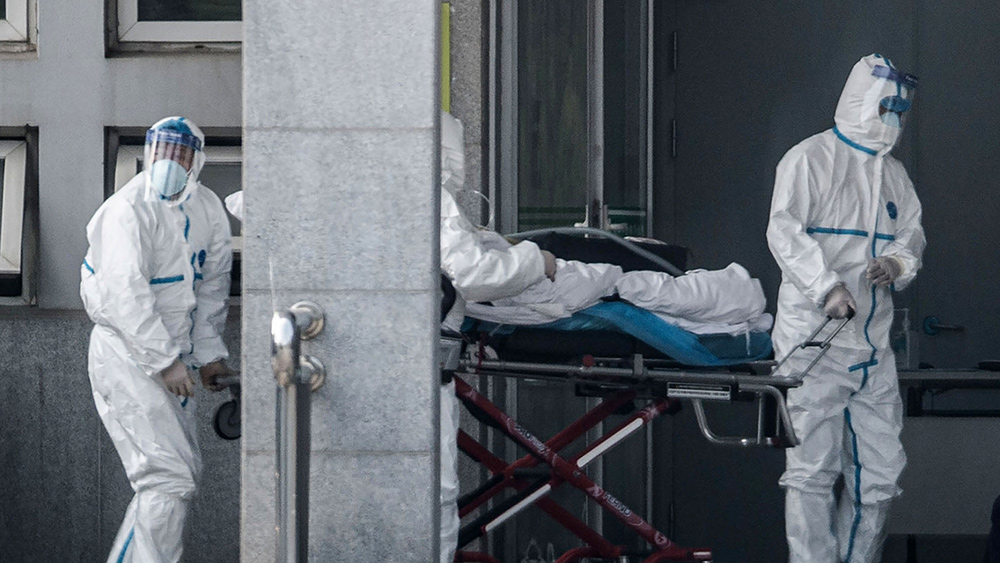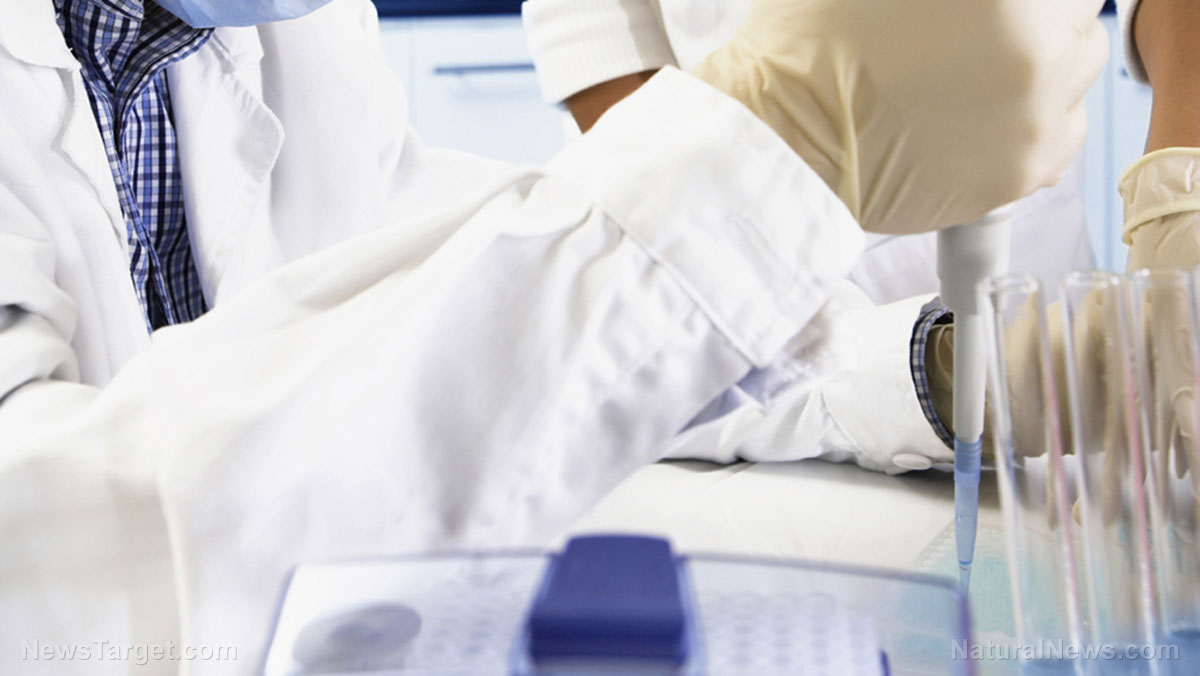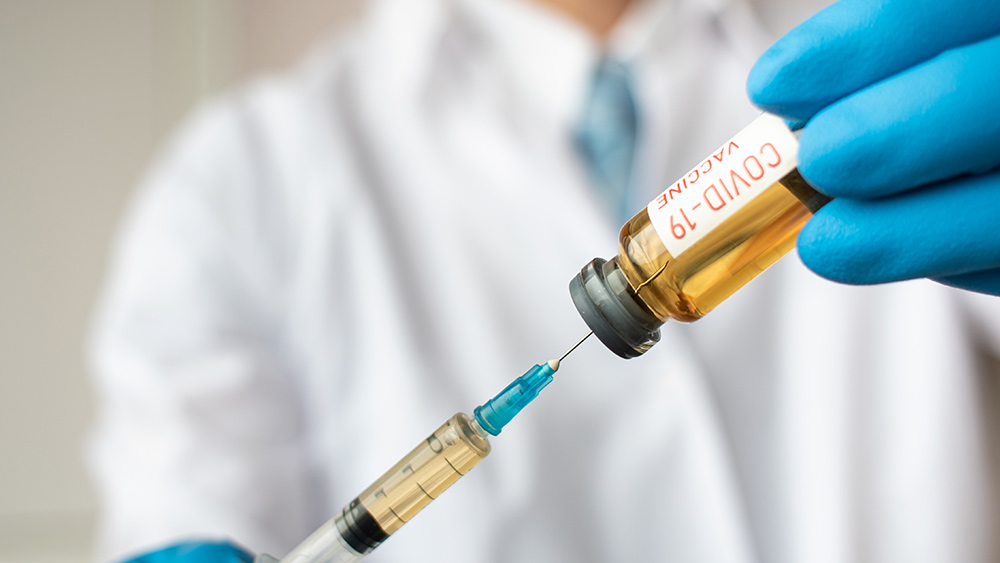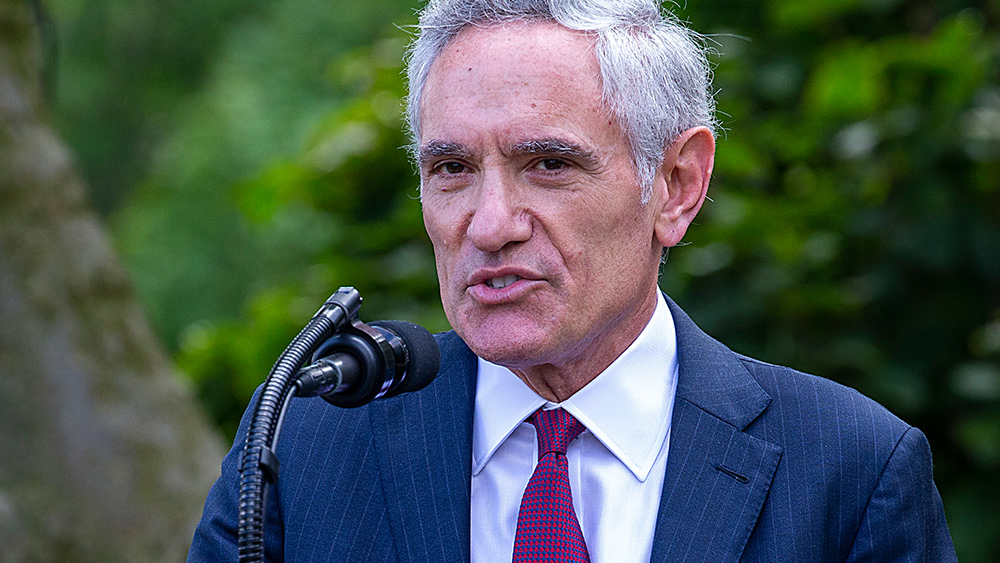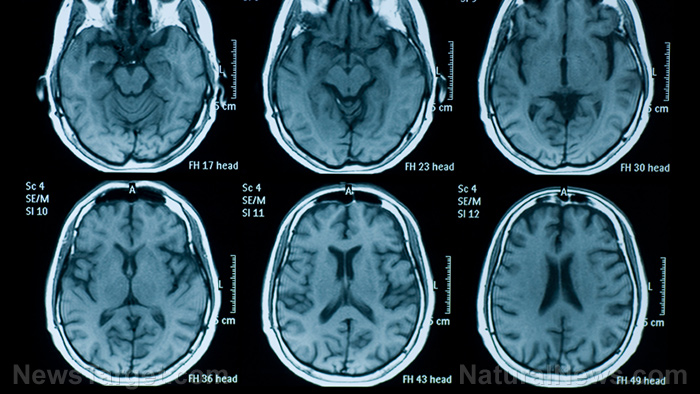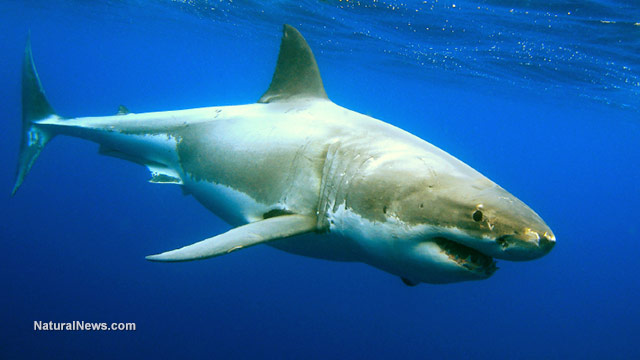Airlines looking to implement broad coronavirus testing for passengers to keep industry alive
10/05/2020 / By Ralph Flores
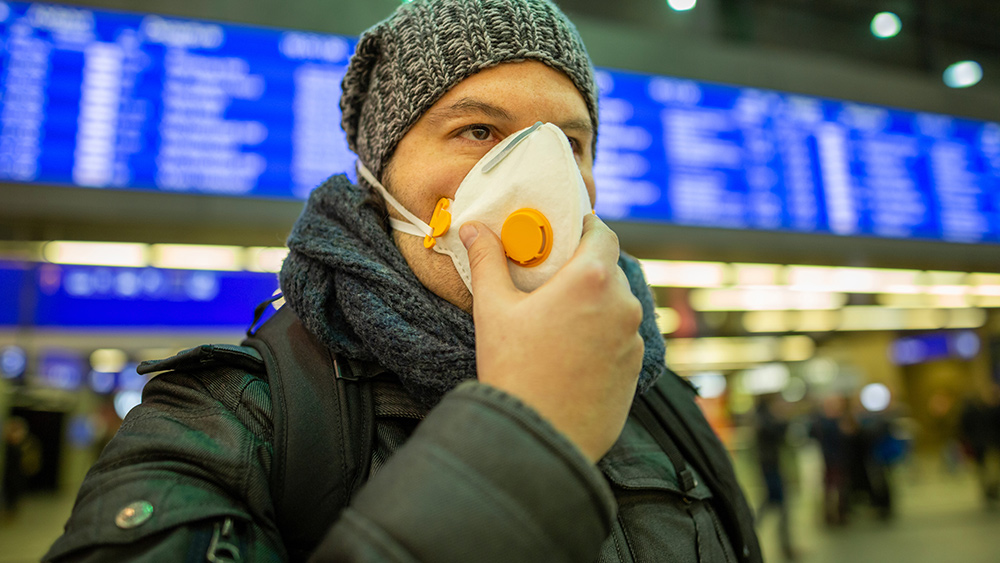
The aviation industry is pushing for universal screening for passengers to revive demand for flights amid the coronavirus pandemic. On a recent media call, International Air Transport Association head Alexandre de Juniac said that adopting rapid antigen tests would reduce the need for quarantines that are “killing” the market.
Airlines hope that implementing broad COVID-19 testing for departing passengers will keep them afloat. According to an IATA forecast released last month, global traffic is set to decline by over 60 percent for this year — a grim outlook for an industry hit hard by the pandemic.
Lufthansa, the second-largest airline in Europe, said that it would slash more jobs and put more planes out of service. As of September, the airline has reported a monthly loss of around $590 million, as the pandemic has continued to curtail travel. Other airlines in Europe, such as Air France and KLM have also announced cost cuts and other similar measures.
Meanwhile, American Airlines — the world’s largest airline by fleet size — said that it would start furloughing or even laying off some of its employees this month.
“We’re going through a situation where we’re now going to be eliminating service to many of our smaller communities. That is going to have a direct impact on our ability to help the economy recover,” said Jim Moses, vice president for American Airlines’ northeastern hubs.
It’s not just airlines that are reeling from the coronavirus pandemic. The TUI Group, the largest travel, leisure and tourism company in the world, lowered its outlook for capacity for the rest of the year.
The industry’s demand for a more unified approach to air travel has been met with stiff opposition, especially in countries that are unwilling to surrender health policies to outsiders. The IATA says that these are among the main drivers holding back demand. In fact, even plans for so-called “travel bubbles” have run up against red tape and authority splits among various agencies.
In addition, the IATA is also looking to use the United Nations’ International Civil Aviation Organization to convince governments to implement rapid testing. All members of the airline industry’s largest trade group support the plan, said de Juniac.
The tests would cost as little as $10, could be carried out without professional medical training by employees and would produce a result in 15 minutes with 97 percent sensitivity. Having a universal testing regime, added de Juniac, would not only allow more countries to ease travel restrictions, but it would also reassure passengers that their flight is COVID-19 free. He also added that governments should fund the program. (Related: Get ready: Trump considering national travel bans in response to the widening coronavirus pandemic; are mass quarantines next?)
Pandemic hits aviation hard
The IATA report stated that passenger traffic for August was down by 75.3 percent, up from the 79.5 percent drop in July. The small rebound, however, was only seen in domestic markets. The report also noted that any advance in foreign demand was very late.
“The improvement that we saw in the summer months has more or less stopped,” explained Brian Pierce, IATA’s chief economist.
Given its bleak outlook, the aviation industry is expected to see consolidation, said Willie Walsh, former CEO of International Airlines Group, which operates British Airways. In a webcast by Eurocontrol, he added the consolidation would likely be driven by the failure of weaker carriers than mergers. He also said that ownership curbs held the process back. In particular, he noted that the pandemic might result in governments tightening their grip on national carriers to prevent foreign ownership.
“It’s going to be a smaller industry five years from now,” Walsh added. “There will be fewer players.”
Learn more about the ongoing Wuhan coronavirus outbreak at Pandemic.news.
Sources include:
Tagged Under: airlines, China, coronavirus, covid-19, economy, Flu, infections, outbreak, pandemic, passengers, superbugs, transportation, travel, virus
RECENT NEWS & ARTICLES
COPYRIGHT © 2017 MEDICAL EXTREMISM



